Renewed funding for vaccine research
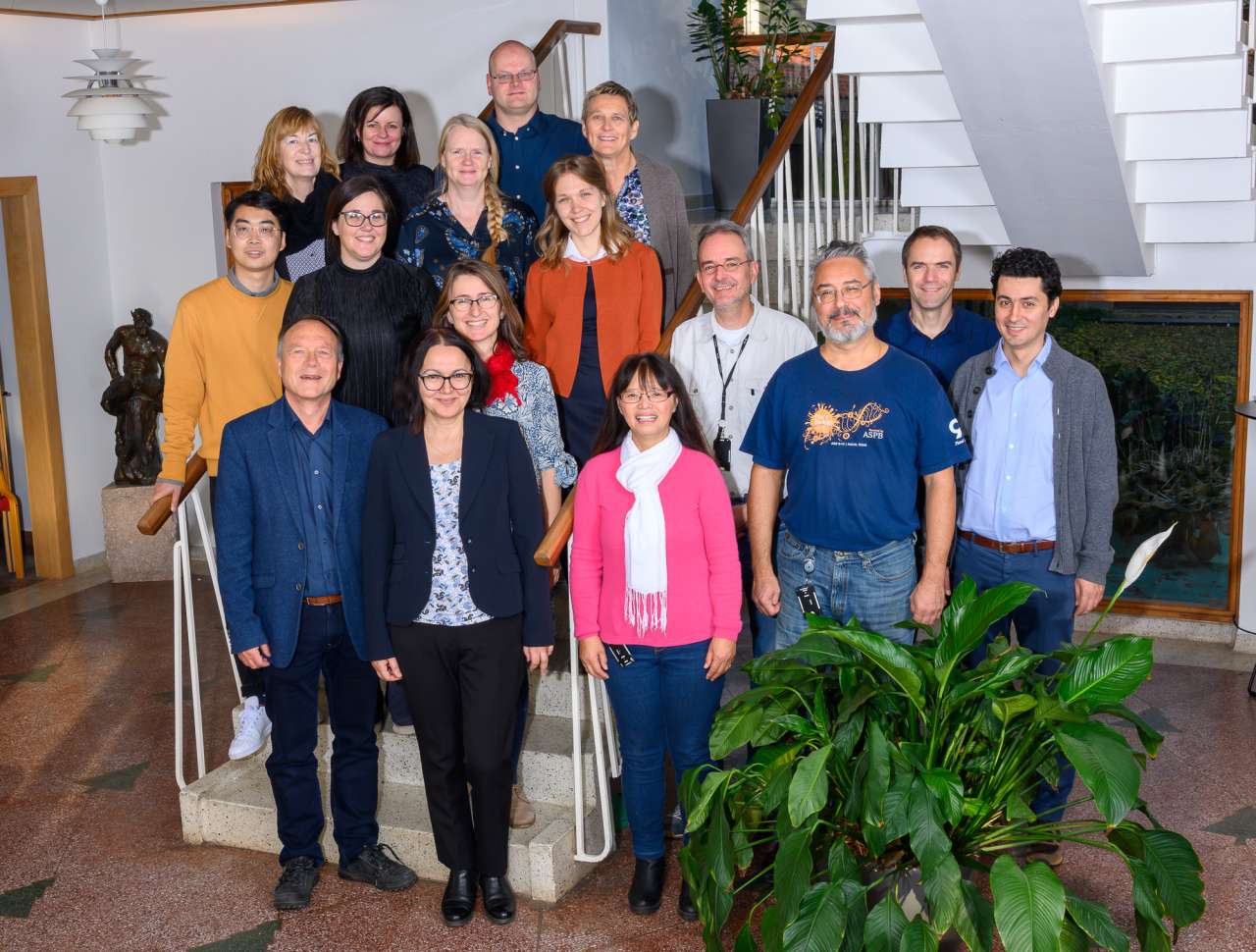
Participants at the SmartVac kickoff seminar. Ås, October 2019. Photo: Erling Fløistad.
A research group from the Norwegian Institute of Bioeconomy Research (NIBIO) and Institute of Biochemistry in Romania is working towards the development of a plant-based vaccine against Hepatitis B and C.
The Corona virus (Covid 19) has again showed us how vulnerable we are to infectious diseases with big damage potential, both in regard to our health and economic costs. The target for the international project SmartVac is to develop next generation vaccines against Hepatitis B (HBV) and C (HCV) using plants, algae and biotechnological tools. In order to make the vaccines available for most people, production costs need to be held to a minimum. For the last ten years, NIBIO has built a cheap and scalable biotechnological platform which is continuously being improved.
“We have started vaccine production”, senior researcher and China coordinator at NIBIO, Jihong Liu Clarke, says. “This autumn, our Romanian partner will carry out further testing.”, she says.
The road towards a finished vaccine is long, seeing as the vaccine must undergo animal testing and clinical trials in several phases. That being said, Liu Clarke is sure that the biotechnological platform can be used for the production of plant-based vaccines for combating other viruses as well as HBV and HCV, based on the good results she and her colleagues have achieved so far.
Affects half a billion people
Hepatitis B (HBV) and C (HCV) attack the liver and cause several serious illnesses. Currently, more than 500 million people live with chronic infections caused by hepatitis. Annually, around 1.3 million die because of this.
Diseases which occur as a consequence of the virus can not be treated. This is why vaccination is the only way to prevent spreading and disease control. As of now, there is no vaccine against HCV, but the demand is great. An important goal for NIBIO is that the vaccine is produced at the lowest possible cost, so that it can be put to use in poor countries where the occurrence of Hepatitis B and C is the largest.
SmartVac
In the SmartVac project, a consortium from NIBIO and Romania, along with several international partners, are working together in order to reach this goal.
SmartVac started up in 2019 and builds on the last EEC-project, “GreenVac” (2014-2017) with the same partners. GreenVac became so successful that it served as an example of good research collaboration at the 25 years anniversary for the EEC-cooperation.
“SmartVac builds upon the success from the GreenVac project and will be built upon knowledge and experience from the former,” Jihong Liu Clarke says.
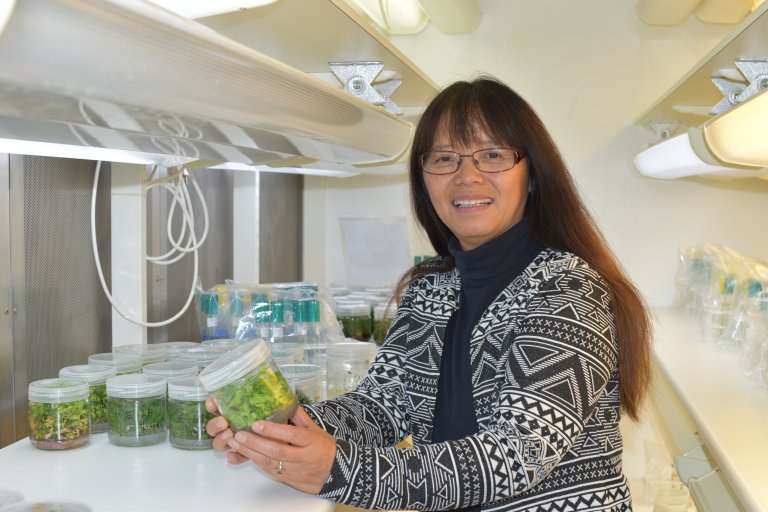
Contacts

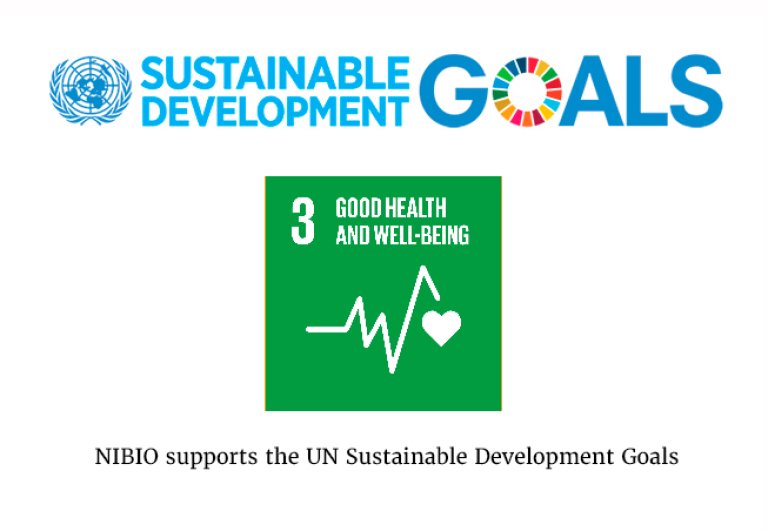
SmartVac
In the SmartVac project, plants and micro algae are used to produce effective and cheap vaccines against the liver diseases Hepatitis B (HBV) and C (HCV). Currently no vaccine exists for the latter, Hepatitis C.
The project builds upon the results from the earlier project “GreenVac”. The aim is to produce efficacious antigens against HBV and HCV based on innovative molecular design. Furthermore, the researchers want to use an advanced biotechnical platform in order to produce these antigens in algae.
The project is a cooperation between NIBIO, Institute of Biochemistry in Romania, and several international partners. Both GreenVac and SmartVac are financed by EEC-fundings.

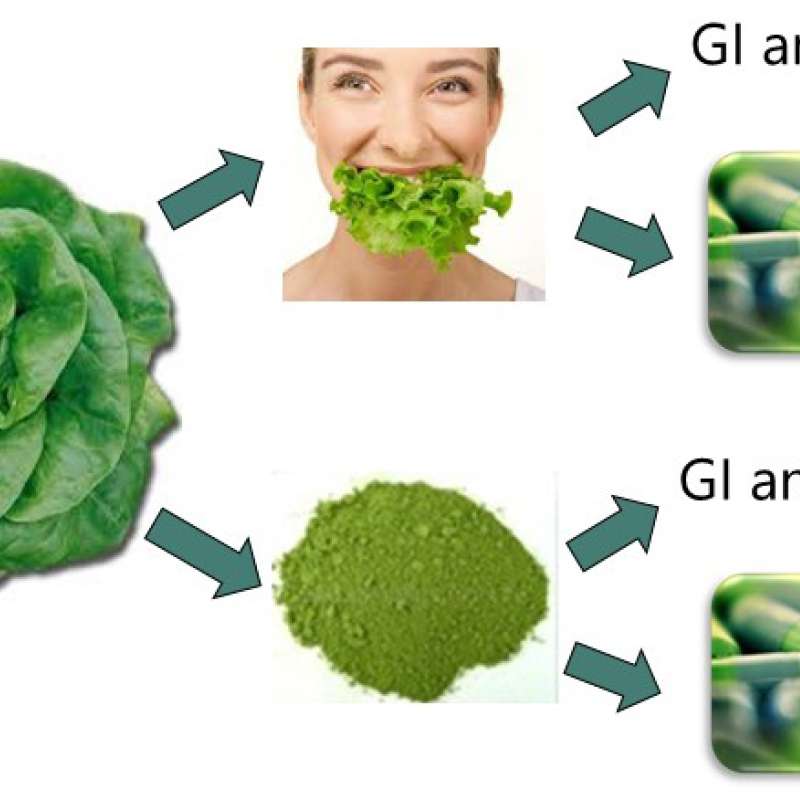
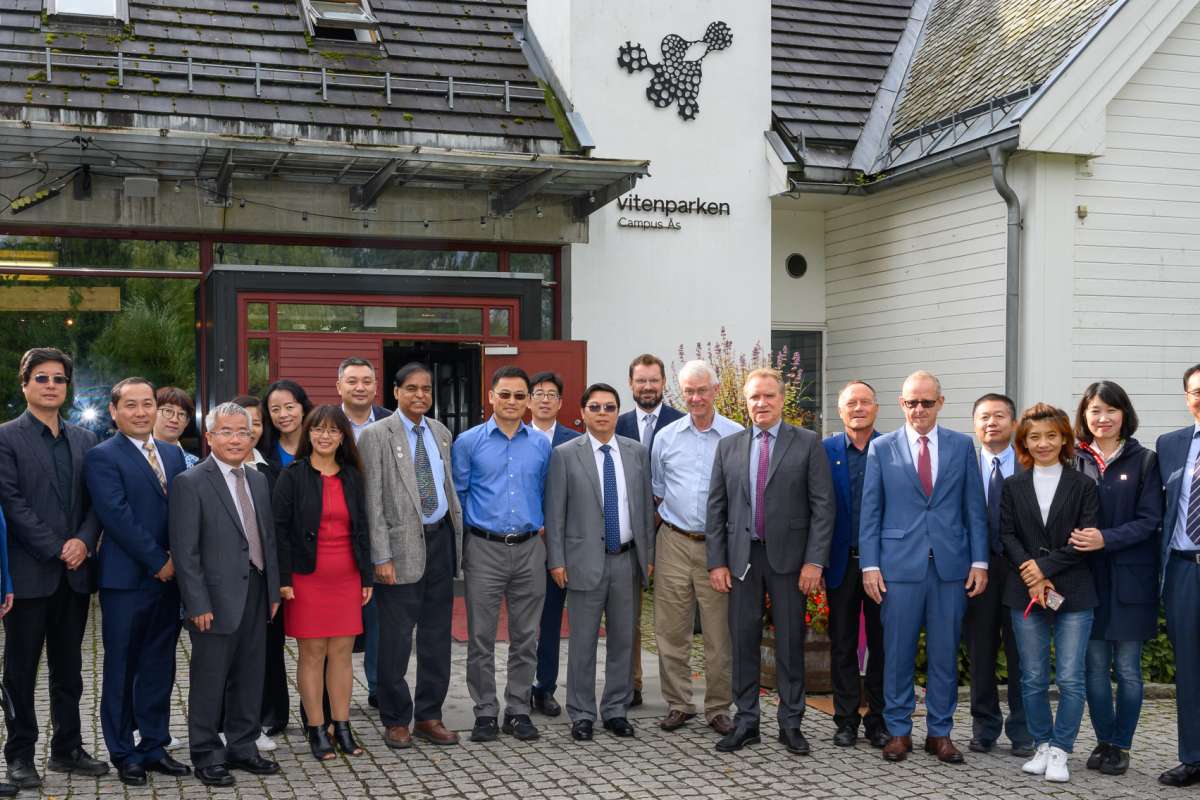
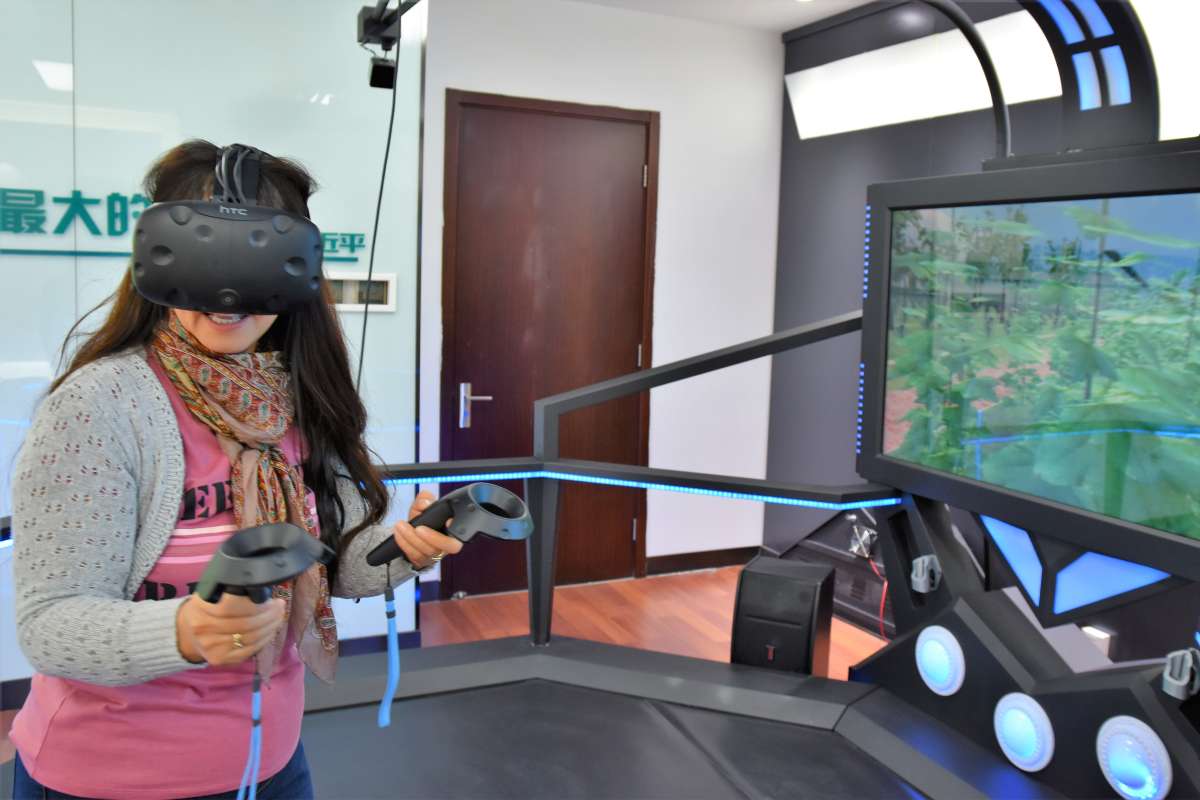
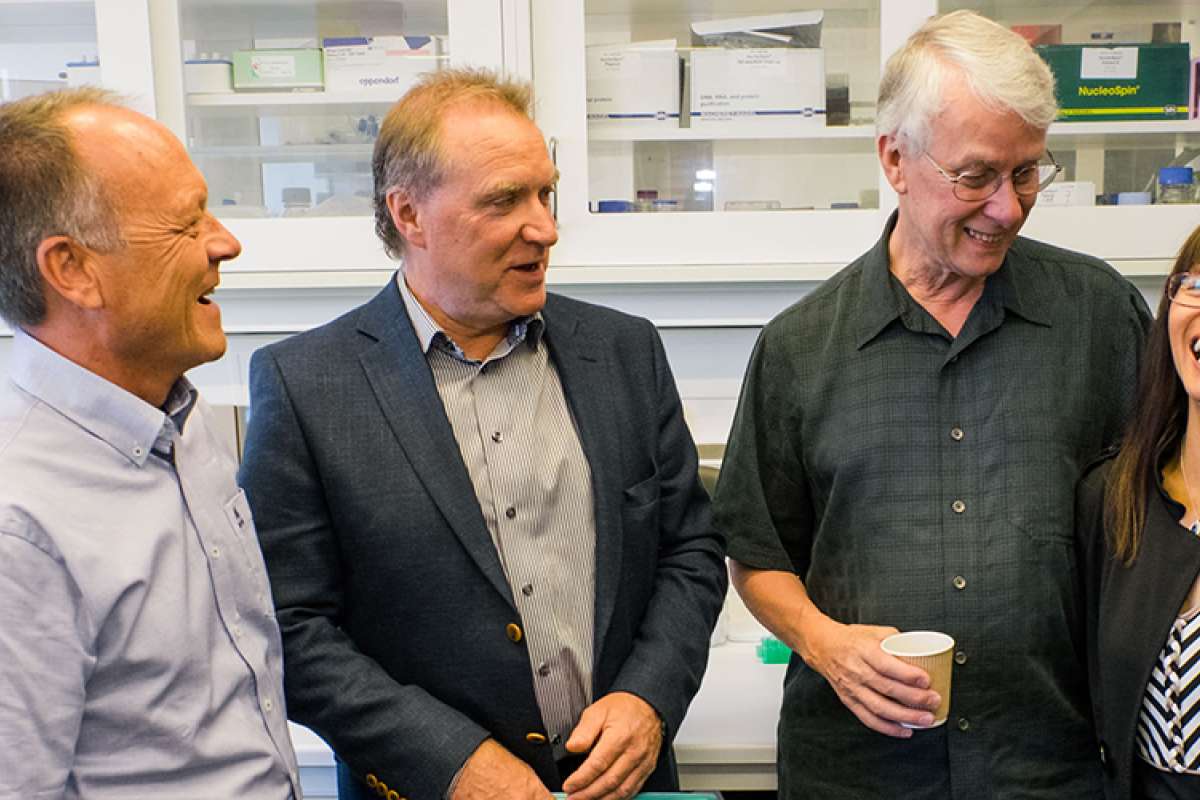
_cropped.jpg?quality=60)